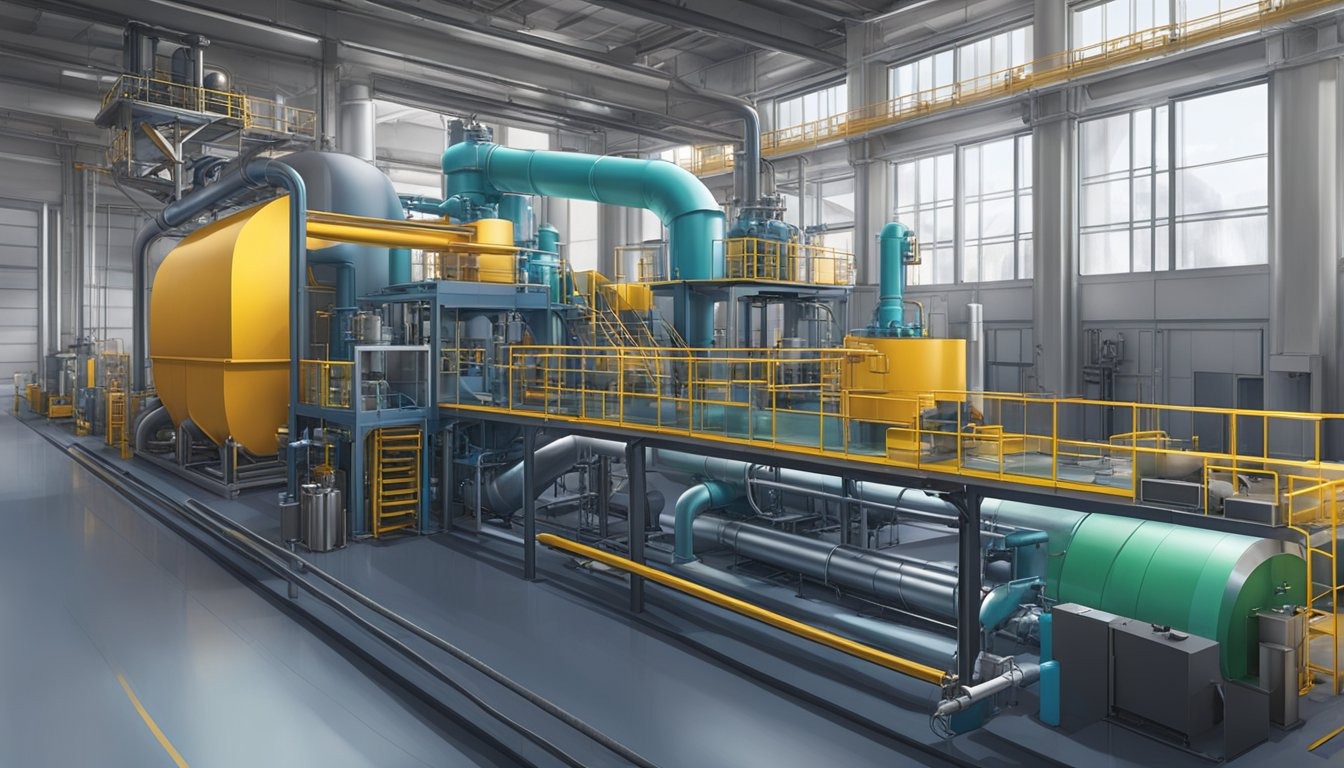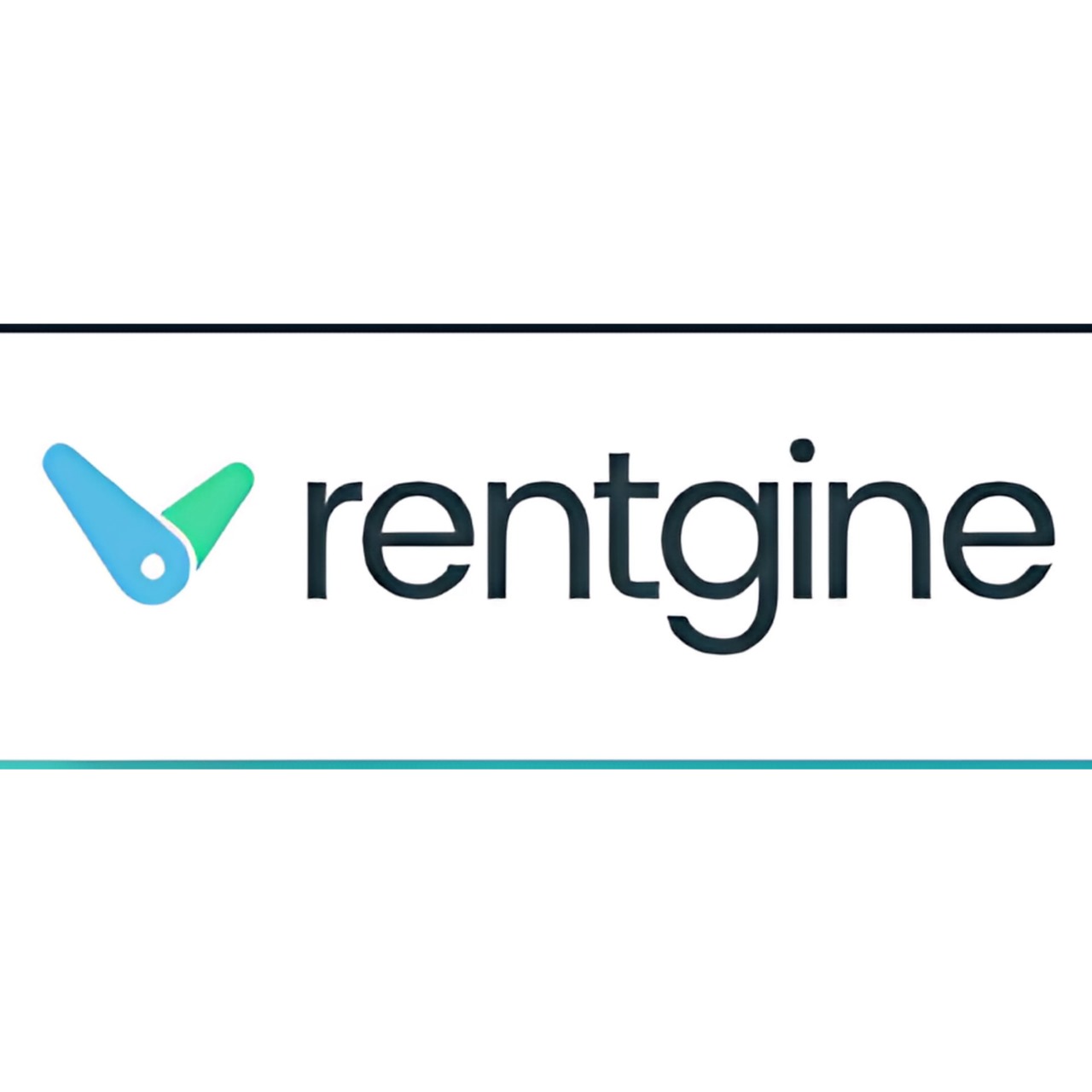IMARC Group’s “Ethylene Propylene Copolymer (EPM) Production Cost Analysis Report 2025: Industry Trends, Plant Setup, Machinery, Raw Materials, Investment Opportunities, Cost and Revenue” report provides a comprehensive guide on how to successfully set up an ethylene propylene copolymer (EPM) production plant. The report offers clarifications on various aspects, such as unit operations, raw material requirements, utility supply, infrastructural needs, machinery models, labour necessities, transportation timelines, packaging costs, etc.
In addition to the operational aspects, the report also provides in-depth insights into ethylene propylene copolymer (EPM) production process, project economics, encompassing vital aspects such as capital investments, project funding, operating expenses, income and expenditure projections, fixed and variable costs, direct and indirect expenses, expected ROI, net present value (NPV), profit and loss account, and thorough financial analysis, among other crucial metrics. With this comprehensive roadmap, entrepreneurs and stakeholders can make informed decisions and venture into a successful ethylene propylene copolymer (EPM) production unit.
What is Ethylene Propylene Copolymer (EPM)?
Ethylene propylene copolymer is a type of synthetic elastomer composed primarily of ethylene and propylene monomers. This copolymer is commonly categorized into two types: ethylene propylene rubber (EPR), which is a random copolymer, and ethylene propylene diene monomer (EPDM), which includes a small amount of a diene component to facilitate cross-linking. Known for its excellent resistance to heat, oxidation, ozone, and weathering, the material is widely used in automotive weather-stripping, seals, hoses, roofing membranes, and electrical insulation. Its low density, good flexibility at low temperatures, and resistance to water and chemicals make it particularly suited for outdoor and high-performance applications. EPDM, the most commercially significant form, also exhibits favorable electrical properties and high tensile strength, which contribute to its broad applicability across industrial sectors. Overall, ethylene propylene copolymers offer a balance of durability and processability, supporting their continued demand in engineering and construction-related industries.
Market Trend and Drivers of Ethylene Propylene Copolymer (EPM):
The global ethylene propylene copolymer market is being driven by increasing demand across automotive, construction, and electrical sectors due to the material’s versatile mechanical and chemical properties. In the automotive industry, EPDM is widely utilized for weather-stripping, seals, and under-the-hood components, owing to its durability, resistance to heat and ozone, and ability to withstand a wide range of temperatures. The growing production of electric vehicles and emphasis on lightweight, high-performance materials further contribute to market expansion. In the construction sector, EPDM roofing membranes are gaining popularity for their long service life, energy efficiency, and environmental resilience. Additionally, the material’s excellent electrical insulation properties have led to its adoption in cable jacketing and high-voltage insulation, especially in infrastructure modernization projects. Environmental regulations encouraging the use of recyclable and non-toxic materials also favor EPDM, which contains no halogens and can be sustainably produced. Advances in polymer blending and compounding technologies are enhancing the performance of ethylene propylene copolymers, enabling new applications in specialty manufacturing and industrial goods. This combination of end-user demand, regulatory support, and technological innovation continues to drive consistent growth in the ethylene propylene copolymer market.
Key Aspects to Setup an Ethylene Propylene Copolymer (EPM) Plant:
- Location to Setup Plant
- Market Research
- Plant Layout
- Construction and Infrastructure
- Equipment/Machinery Procurement
- Documentation and Licenses
- Cost Analysis
Requirements to Setup a Facility:
- Funds
- Machinery
- Lands
Types of Costs to Setup a Factory:
- Land, Location and Site Development Cost
- Plant Layout Cost
- Machinery Requirements and Costs
- Raw Material Requirements and Costs
- Packaging Requirements and Costs
- Transportation Requirements and Costs
- Utility Requirements and Costs
- Human Resource Requirements and Costs
Project Economics:
- Capital Investments
- Operating Costs
- Expenditure Projections
- Revenue Projections
- Taxation and Depreciation
- Profit Projections
- Financial Analysis
Key Questions Answered in the Report:
- How has the ethylene propylene copolymer (EPM) market performed so far and how will it perform in the coming years?
- What is the market segmentation of the global ethylene propylene copolymer (EPM) market?
- What is the regional breakup of the global ethylene propylene copolymer (EPM) market?
- What are the price trends of various feedstocks in the ethylene propylene copolymer (EPM) industry?
- What is the structure of the ethylene propylene copolymer (EPM) industry and who are the key players?
- What are the various unit operations involved in an ethylene propylene copolymer (EPM) production plant?
- What is the total size of land required for setting up an ethylene propylene copolymer (EPM) production plant?
- What is the layout of an ethylene propylene copolymer (EPM) production plant?
- What are the machinery requirements for setting up an ethylene propylene copolymer (EPM) production plant?
- What are the raw material requirements for setting up an ethylene propylene copolymer (EPM) production plant?
- And more…
How IMARC Can Help?
IMARC Group is a global management consulting firm that helps the world’s most ambitious changemakers to create a lasting impact. The company provide a comprehensive suite of market entry and expansion services. IMARC offerings include thorough market assessment, feasibility studies, company incorporation assistance, factory setup support, regulatory approvals and licensing navigation, branding, marketing and sales strategies, competitive landscape and benchmarking analyses, pricing and cost research, and procurement research.
Services:
- Plant Setup
- Factoring Auditing
- Regulatory Approvals, and Licensing
- Company Incorporation
- Incubation Services
- Recruitment Services
- Marketing and Sales
Contact Us:
IMARC Group
134 N 4th St. Brooklyn, NY 11249, USA
Email: sales@imarcgroup.com
Tel No:(D) +91 120 433 0800
United States: +1-631-791-1145


